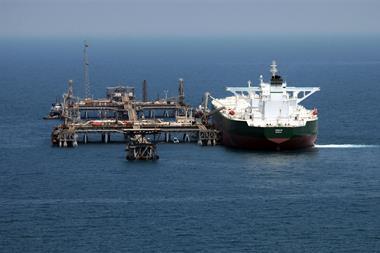Even after the BP disaster oil companies and their investors are still unprepared for catastrophic risks, warned environmental campaigners.
Greenpeace and FairPensions launched a campaign calling on institutional investors to ensure that catastrophe risks are identified and managed.
“BP downplayed the risk of a spill at Deepwater Horizon and admitted to being unprepared to deal with the consequences, and yet despite the desperate search for oil reaching ever more remote and dangerous territory, the pensions sector is still treating the oil industry as the low-risk, blue-chip investment it was in the 1970s,” said the parties in a statement.
This has profound implications for the environment and energy security, with the potential to create a huge financial crisis that would destroy much of the value of pension investments, they warned. Oil companies may prove similarly unprepared to deal with the challenges of global warming, surmised the campaigners.
The research claimed that there is pervasive neglect of financially important environmental issues in the investment and pensions industry.
Duncan Exley, acting CEO of FairPensions, said: “The BP oil spill is a stark example of the potential financial consequence of environmental and social issues, but investor scrutiny of companies’ exposure to such risks remains inadequate. Pension fund members risk paying a heavy price for this neglect.”
John Sauven, Director of Greenpeace UK, added: “Unconventional oil in deep waters, the arctic and tar sands has remained untapped until now because of the high costs and enormous risks associated with its extraction. The Deepwater Horizon disaster has all too clearly illustrated the risks of scraping the bottom of the oil barrel, and climate change presents an even bigger threat. Yet pension funds are failing to recognise the true risks posed by chasing the last few drops of oil.”




















No comments yet